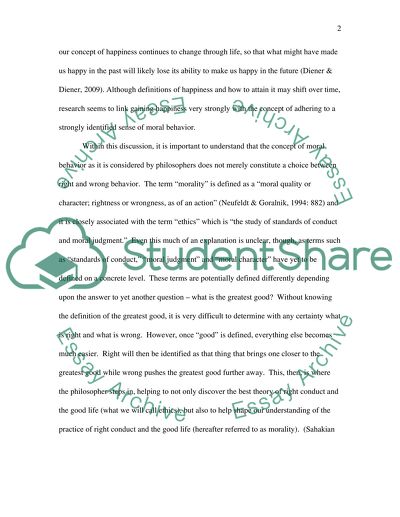Cite this document
(“Happiness Research Paper Example | Topics and Well Written Essays - 1500 words”, n.d.)
Retrieved from https://studentshare.org/miscellaneous/1572964-happiness
Retrieved from https://studentshare.org/miscellaneous/1572964-happiness
(Happiness Research Paper Example | Topics and Well Written Essays - 1500 Words)
https://studentshare.org/miscellaneous/1572964-happiness.
https://studentshare.org/miscellaneous/1572964-happiness.
“Happiness Research Paper Example | Topics and Well Written Essays - 1500 Words”, n.d. https://studentshare.org/miscellaneous/1572964-happiness.


